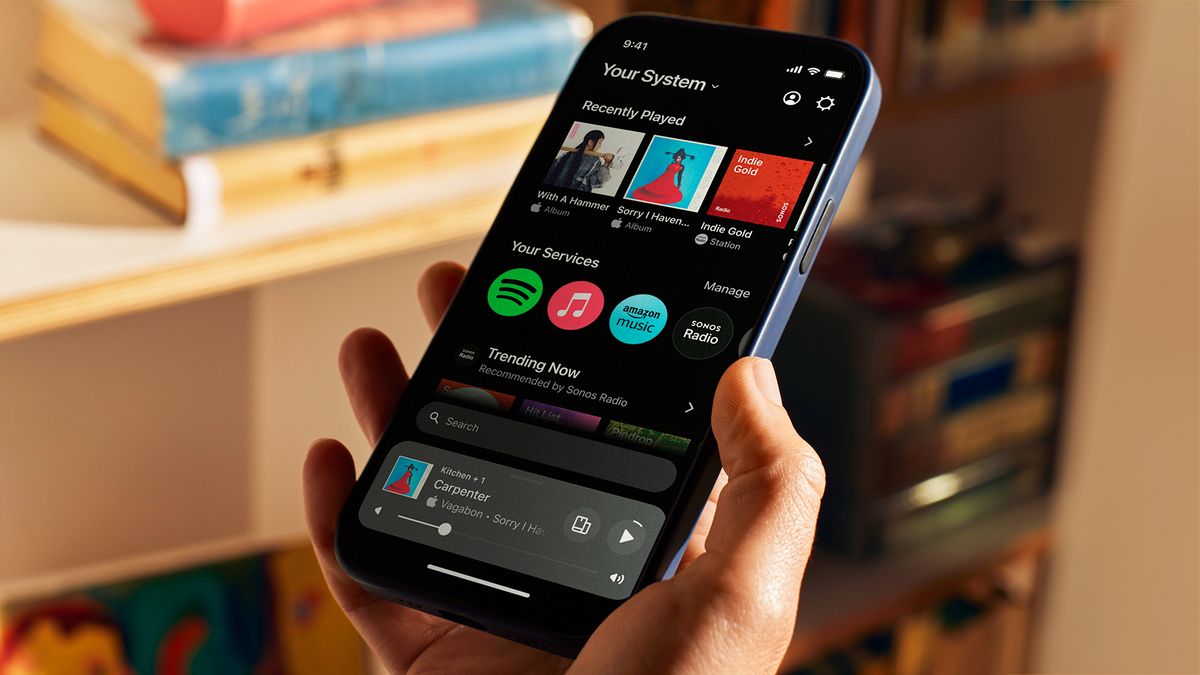With the right policy support, mobile technology and renewable energy solutions can unlock opportunities, create jobs and foster sustainable development.
November 11, 2024, Cape Town: Digital transformation is expected to play a critical role in South Africa's future, with projections indicating that it could contribute almost 20% of the national GDP by 2028, create 300,000 jobs and expand access to essential services for millions of people. . the latest GSMA South Africa Digital Economy Report reveals how mobile and digital services are accelerating economic growth and promoting social progress, fostering opportunity and promoting inclusion across the country.
In parallel with this report, the GSMA has launched the Rural renewal: Telcos and sustainable energy in Africa report, which advocates for renewable energy solutions to expand connectivity in rural Africa. Together, these reports offer a strategic roadmap for inclusive digital progress, underscoring the critical role of mobile technology in advancing South Africa's socio-economic landscape.
Path to prosperity through digital for all
The South African Digital Economy Report illustrates how the integration of digital technologies can empower underserved communities and populations by improving access to essential services, improving education and employment prospects, and fostering entrepreneurship. With a supporting policy framework, the digital economy could contribute up to 20% of South Africa's GDP by 2028, benefiting sectors such as education and healthcare while creating pathways to sustainable employment.
Angela Wamola, Head of Sub-Saharan Africa at GSMA, said: “Digital transformation in South Africa has enormous potential to enrich lives, improve economic resilience and foster greater inclusion. By harnessing the power of mobile and digital services, we can open up significant opportunities, particularly for rural communities, empowering them to fully participate in the nation's digital future.”.
Address rural connectivity with sustainable solutions
He Rural Renewal The report focuses on the significant energy challenges limiting digital connectivity in rural Africa, where network access is poor and operating costs high. Since off-grid sites often rely on expensive and polluting diesel generators, mobile operators urgently need to transition to renewable energy sources. By implementing sustainable solutions like solar-powered minigrids and exploring innovative models like energy as a service (EaaS), operators can reduce costs, reduce carbon emissions, and extend digital access to underserved communities.
The report features case studies from Ethiopia, Nigeria and the Democratic Republic of the Congo, showing how renewable energy initiatives can boost connectivity and support broader socio-economic development. Key recommendations include adopting government policies that incentivize renewable infrastructure, reducing import taxes on green technology, and fostering partnerships between telecom operators, tower companies, and energy providers to create integrated and sustainable energy systems. .
Key findings and economic impact
These two reports highlight several transformative ideas and projections:
- Growth of the digital economy: South Africa's digital economy is projected to reach almost 20% of GDP by 2028, and advances in digital services such as fintech, e-health and digital education will transform access to essential services and economic resilience.
- Youth employment and digital skills: As digital adoption accelerates, the demand for digital skills will increase significantly. Youth employment opportunities in technology-driven sectors are expected to increase, emphasizing the need for comprehensive digital skills programs to close workforce gaps.
- Fintech Leadership and Financial Inclusion: South Africa's fintech sector, a regional powerhouse, is projected to generate annual revenues of approximately ZAR 8.2 billion by 2024. With innovations in digital payments and financial tools, fintech improves financial inclusion, particularly for micro and small businesses.
- Impact on traditional sectors: The adoption of digital tools, especially IoT and cloud services, transforms traditional sectors. For example, smart agricultural solutions and Industry 4.0 technologies are driving productivity in agriculture and manufacturing, positioning these industries to be more globally competitive.
- Sustainable Energy for Rural Connectivity: Findings from the Rural Renewal report show that renewable energy deployment can mitigate energy challenges in rural regions, support mobile network expansion and reduce operating costs, while promoting environmental goals.
Policy and partnership for a connected South Africa
To maximize these outcomes, the GSMA calls for continued policy reform and cross-sector partnerships that prioritize digital inclusion and sustainable growth. Key recommendations include incentives for investment in digital and renewable infrastructure, support for digital literacy programs and frameworks that encourage public-private collaboration.
-ENDS-
About the GSMA
The GSMA is a global organization that unifies the mobile ecosystem to discover, develop and deliver critical innovation for positive business environments and social change. Our vision is to unlock the full power of connectivity so that people, industry and society thrive. Representing mobile operators and organizations across the mobile ecosystem and adjacent industries, the GSMA offers its members three broad pillars: connectivity for good, industry services and solutions, and outreach. This activity includes advancing policy, addressing today's biggest societal challenges, supporting the technology and interoperability that make mobile devices work, and providing the world's largest platform to convene the mobile ecosystem at the MWC and M360 series of events.
We invite you to learn more at gsma.com









